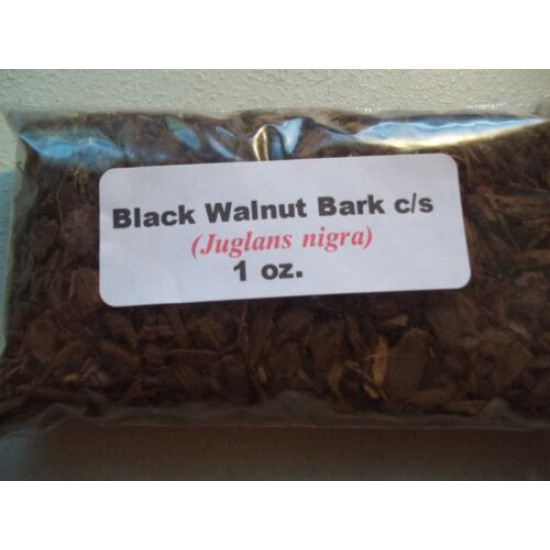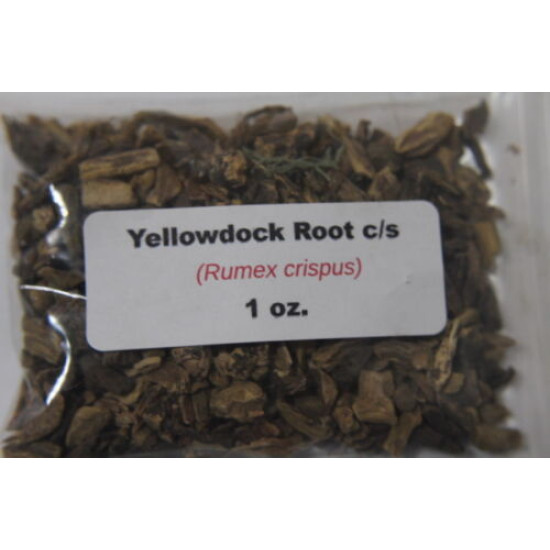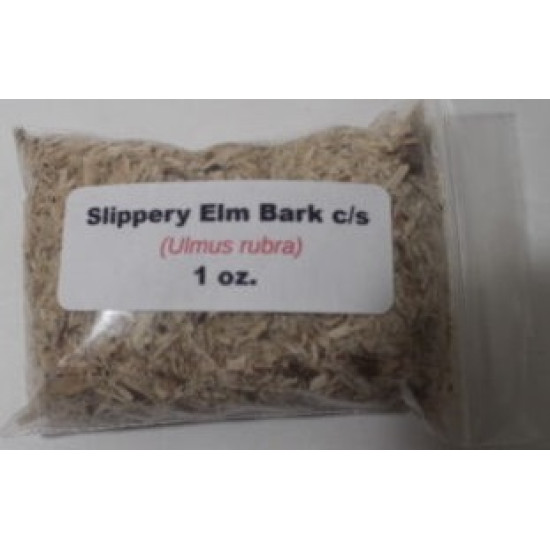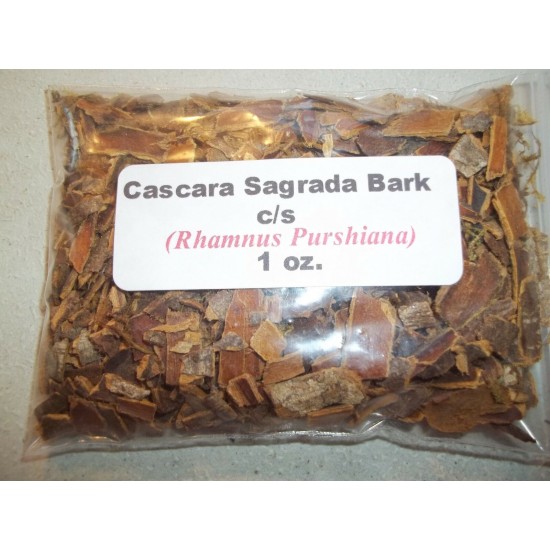Dr. Sebi Approved Herbs for Digestive, Colon and Parasite cleansing 7 Powerful Herbs
gfgfg-550x550w.jpg)
-550x550w.jpg)
-550x550w.jpg)
-550x550w.jpg)
-550x550w.jpg)




-7 %
gfgfg-80x80w.jpg)
-80x80w.jpg)
-80x80w.jpg)
-80x80w.jpg)
-80x80w.jpg)




Dr. Sebi Approved Herbs for Digestive, Colon and Parasite cleansing 7 Powerful Herbs
Day
Hour
Min
Sec
$64.99
$69.99
Ex Tax: $64.99
- Stock: 998
- Model: hemp powder
Available Options
Cleaning the colon, also known as colon cleansing or colon detoxification, is a controversial practice that involves various methods aimed at removing accumulated waste and toxins from the large intestine. Advocates of colon cleansing believe that it offers several potential benefits, but it's essential to understand that the scientific evidence supporting these claims is limited and inconclusive. Here are some of the reasons proponents often cite for why you should clean your colon:
Detoxification: Proponents claim that colon cleansing helps remove toxins and waste products that may have built up in the colon over time. They argue that eliminating these substances can improve overall health and well-being.
Digestive Health: Advocates suggest that colon cleansing can improve digestive function by removing impacted feces and promoting regular bowel movements. It is believed to alleviate issues like constipation, bloating, and gas.
Weight Loss: Some proponents claim that colon cleansing can lead to weight loss by eliminating excess waste and water weight. However, any weight loss experienced is likely to be temporary and not a sustainable method for long-term weight management.
Boosting Energy and Immune System: It is argued that a clean colon may enhance energy levels and strengthen the immune system by reducing the burden of toxins on the body.
Improved Nutrient Absorption: By clearing the colon of accumulated waste, proponents believe that nutrients from the food we consume can be absorbed more efficiently, leading to better overall nutrition.
Slippery Elm: Slippery elm contains mucilage, a gel-like substance that can provide relief for irritated and inflamed tissues in the gastrointestinal tract. It may help with constipation and other digestive issues.
Cascara Sagrada: Cascara sagrada is another herbal laxative that stimulates the muscles of the intestines. It has been traditionally used to relieve constipation.
Yellow dock is known for its high content of anthraquinone glycosides, which are compounds that have laxative properties. These compounds are believed to stimulate bowel movements and help relieve constipation. As a result, yellow dock is sometimes used as a natural remedy for occasional constipation.
Digestive support: Black walnut leaf is traditionally used to support digestion. It is believed to stimulate the production of digestive enzymes and bile, which can aid in the breakdown and absorption of nutrients. Additionally, it is sometimes used to relieve gastrointestinal discomfort, such as bloating or gas.
Parasite cleansing: Black walnut leaves, along with other parts of the black walnut tree, are commonly included in traditional herbal parasite cleansing protocols. They are believed to possess compounds called juglones, which are thought to have antiparasitic properties. However, scientific evidence supporting these claims is lacking.
Digestive support: In traditional herbal medicine, black walnut bark has been used to support digestive health. It is believed to possess astringent properties, which can help tone and tighten tissues in the digestive tract. Some herbalists suggest that black walnut bark may be beneficial for conditions like diarrhea, excessive gas, or bloating. However, scientific evidence supporting these claims is limited.
Digestive support: Wormwood has a long history of use as a digestive aid. It is believed to stimulate the production of digestive juices, such as bile, which can aid in the digestion of fats. It is sometimes used to relieve digestive issues such as indigestion, bloating, and loss of appetite.
Parasite cleansing:
Wormwood has traditionally been used as part of herbal parasite cleansing protocols. It is believed to have anthelmintic properties, meaning it may help expel intestinal parasites such as pinworms or roundworms. However, scientific evidence supporting these claims is limited, and it's important to consult with a healthcare professional for appropriate diagnosis and treatment of parasitic infections.
Digestive support: Rhubarb root has a long history of use as a natural laxative. The anthraquinone compounds in the root are thought to stimulate bowel movements and promote regularity. Rhubarb root is sometimes used in herbal formulations or as an ingredient in natural laxative teas or supplements. However, it's important to use rhubarb root preparations cautiously and under the guidance of a healthcare professional, as excessive or prolonged use can lead to dependency or electrolyte imbalances.
Bitter tonic: Quassia wood is known for its intense bitter taste, which is attributed to the presence of certain compounds called quassinoids. These bitter compounds are believed to stimulate the appetite, aid digestion, and promote overall digestive health. Quassia wood is often used to make herbal extracts or infusions as a bitter tonic.
1








